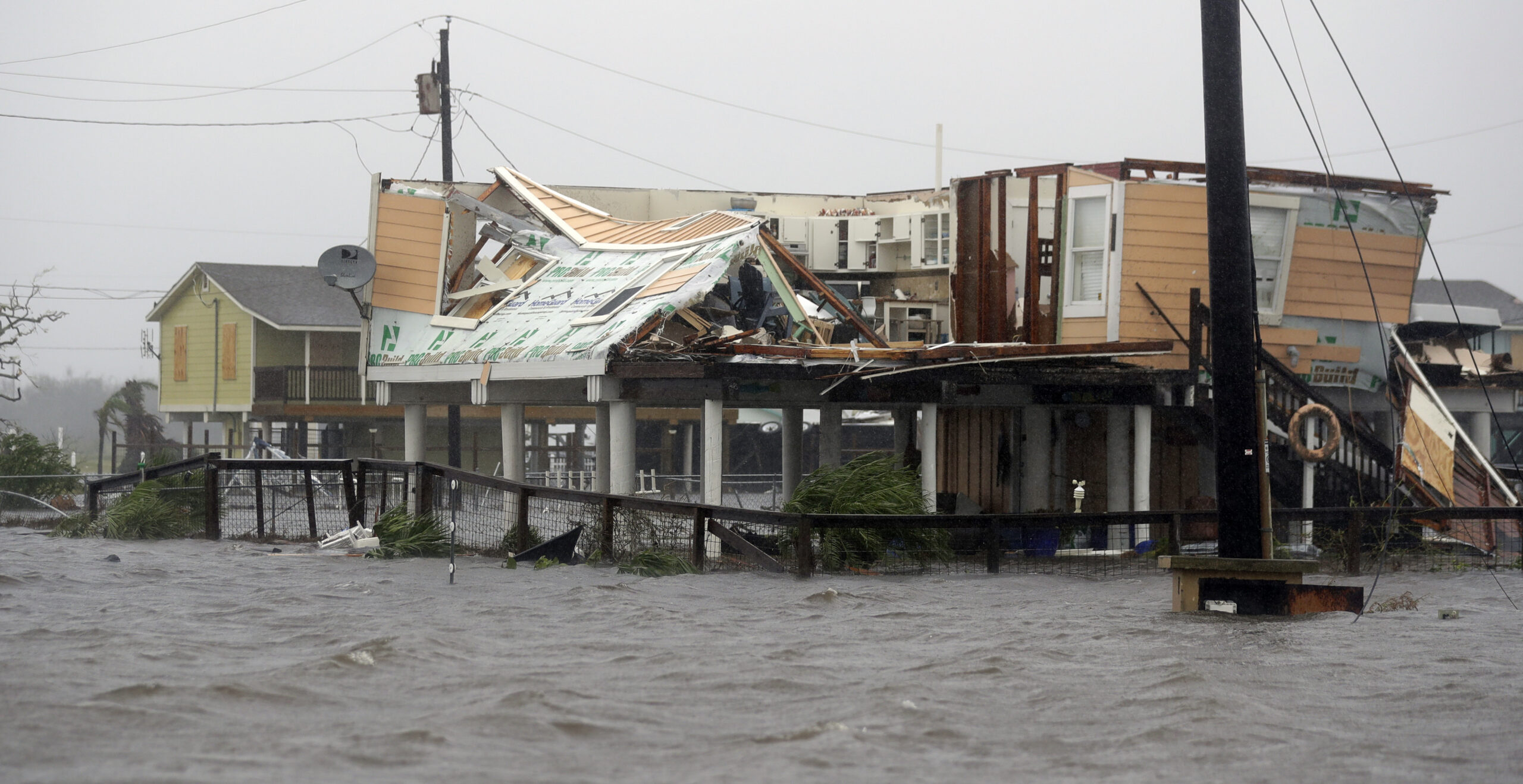President Donald Trump’s insufficient response to the devastating hurricanes that ravaged Puerto Rico — where four weeks later, over 70 percent of the island’s population is still without electricity — has been well documented. His deeply insensitive and offensive outbursts directed at San Juan Mayor Carmen Yulín Cruz are all part of the public record, as is the bizarre video footage of Trump hurling paper towels into crowds of people in the hurricanes’ aftermath, and his blame of Puerto Ricans as they suffer.
Trump parried off criticisms of his Puerto Rico reaction — angry tweets sent from the golf course — by praising his “A-plus” response to hurricanes that battered Texas and Florida.
Watching Hurricane closely. My team, which has done, and is doing, such a good job in Texas, is already in Florida. No rest for the weary!
— Donald J. Trump (@realDonaldTrump) September 6, 2017
But residents on the ground tell a very different story. In the nearly two months since Harvey wrecked Houston, Texans “are still waiting for FEMA payments, still fuming after the agency denied their applications for assistance and still trying to resolve glitches and disputes that have slowed and complicated their ability to receive federal aid,” according to a New York Times report.
In comparison, as devastating as Hurricane Katrina was for New Orleans residents, the wait time for FEMA was a fraction of what residents in Texas and Florida are experiencing now.
Many residents — as well as FEMA — attribute this disparity to the extensive backlog for homes to be inspected for damage — a requirement and assessment for the approval of aid to come.
“FEMA does not have enough inspectors to reduce the backlog, and the average wait for an inspection is 45 days in Texas and about a month in Florida,” officials told the Times. Residents said that the hold time to even meet a voice on the other side of FEMA’s help line was typically two to three hours in wait.
The agency said that it was spread extremely thin after three enormous hurricanes with disastrous effects pummeled the U.S. and a U.S. territory, one right after the other.
But like those undervalued and overlooked in New Orleans — predominantly low-income and of color — people in Texas and Florida are also feeling the neglect. Salon previously reported on the disproportionate impact that natural disasters have on these communities, and in the aftermath, a similar pattern usually follows suit.
“Of the 2.9 million applications for individual assistance the agency has received after Hurricanes Harvey, Irma and Maria, FEMA has denied 23 percent of them — 678,160 — with the majority of those denials in Florida, where 432,000 applications out of 1.8 million have been rejected after Irma,” the Times said. But it’s the low-income residents in Texas and Florida who are feeling it the most. As they await FEMA or were denied by the agency altogether, people without insurance or resources told the Times they are now forced to sleep in their cars and workplaces.
For Trump, he’s moved from deflecting the suffering in Puerto Rico to scolding NFL players again. Meanwhile, residents in Texas and Florida note how they are already forgotten.

